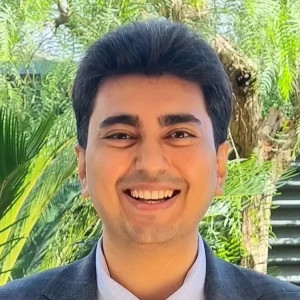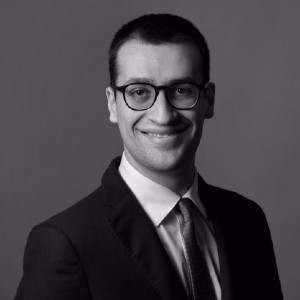Hello,
I got to the next round of the interview with McK but the feedback I received was that I can further improve the structuring of my answers.
While I always bucket my answers, I am not sure how to improve the structure further for brainstorming questions.
Any suggestions?















